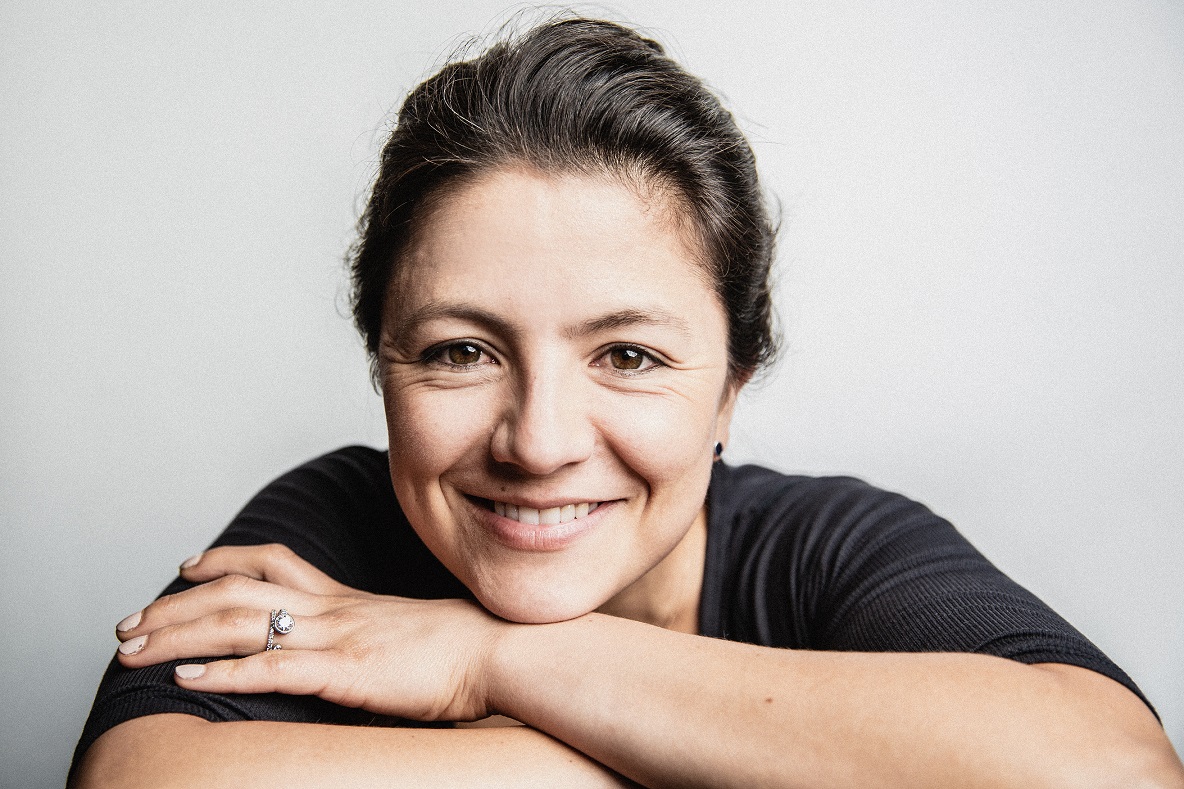It’s March 24, 2020 and we’re in the midst of a pandemic.
I’ve experienced moments of peace and ease, but others are filled with anxiety because I fear about financial instability, and worry about my loved ones’ health.
The Coronavirus has been so disruptive, that I sometimes feel I could go back to my emotional eating habits.
The good things is that years in therapy and meditating, as well as the support of a 12 step program years ago, have taught me that eating emotionally is a result of my inability to tolerate emotions such shame, fear, anxiety, or loneliness.
When we eat emotionally—just like when we watch Netflix for hours or get lost in Instagram posts—we are escaping emotions we don’t want to feel.
We’re “emotional escapers“. Not emotional eaters!
It’s in my nature—and everyone else’s—to resist strong emotions. As psychologist Rick Hanson says, “The mind is like Velcro for negative experiences and Teflon for positive ones.”
Today I know that it’s human to feel fear or anxiety. It is appropriate. It is the way that nature protects us. It is the intelligence of nature in action!
Furthermore, I recognize that historically, our culture has resisted the expression of not-so-pleasant emotions; so we either keep them inside or want to fix them.
Over the years, I have learned ways to deal with strong emotions.
These are the three that are helping me the most right now.
1. I accept that strong emotions are part of my nature.
Lately, something I learned from Tara Brach years ago is resonating more than ever. Brach is a Ph.D., psychologist, and meditation teacher.
When I feel a strong emotion arising, I repeat to myself, “this too belongs.”
This is how I accept the restlessness I’ve experienced these past weeks now that my husband is also working from home due to the Coronavirus pandemic. It’s how I’ve stayed with the fear of my parents getting sick in Colombia.
It helps me welcome the emotion—without judging it or judging myself—and prevents me from trying to escape it in the form of food, looking at Instagram, or opening 10 tabs with news about the virus.
2. All my emotions provide information—the pleasant as much as the ugly ones.
Each emotion has a function and brings with it a message. As as Ph.D., psychologist and author Susan David says, emotions are “data points”, information.
I’ve found it instrumental to shift my mindset about my “ugly emotions” from expressions I dislike and want to fix, to ways in which my body and mind are trying to tell me that something deserves my attention.
This new lens makes it easier for me to have a neutral relationship with my emotions.
It’s less likely that I take emotions as facts and I’m able to give myself what I need: safety instead of 10 cookies; compassion, instead of a bottle of wine; rest, instead of seven hours in front of the TV.
Personally, neutrality towards emotions feels like an ultimate aim, more than an actual achievable state.
It’s easy to write about neutrality towards emotions when we’re not feeling them! I see this way of viewing emotions as a tool to be less reactive and have more space to respond in ways that are beneficial to us and others.
3. I name my emotions.
The Buddha said it thousands of years ago and several studies in neuroscience and psychology confirm it today.
Naming emotions as a way to bringing them to the surface makes them less strong and permanent.
Sometimes, when the emotion arises, I take a piece of paper and write down what I’m feeling. Sometimes I even name my emotions out loud! “Fear!”, “Anger!”. When I’m too absorbed by the emotion, I aim to journal a bit at night; similar to an inventory of emotions.
The important thing is to acknowledge them and bring them to the conscious level.
It’s taken me time and practice to absorb these three ways of relating to my emotions. I am not always successful, but I know the tools are available to me and they are the deepest answer I have.
I know these practices are not intended to remove or eliminate emotions. It is not about changing my mood with magic!
These are my tools and practices to recognize, welcome, and stay with emotions that — if not heard or attended to — are likely to result in emotional eating and other habits that aren’t beneficial for my well-being.
Written by Lina Salazar.


